Access to safe and sufficient drinking Water, Sanitation, and good Hygiene (WASH) facilities in schools play a crucial role in preventing numerous diseases, improving the learning environment in schools, and creating resilient communities living in a healthy environment. This study in Nepal explored the impact of combining WASH facilities on students’ health status, school attendance, and educational achievements [1].
A total of 24 participants, 16 students, and eight teachers were interviewed; data were audio recorded and analyzed thematically. Some of the results suggest that school-WASH facilities have a significant impact on students’ health and well‐being. Poor school‐WASH facilities hindered students’ school attendance, particularly for menstruating girls. School without separate toilets for girls, including menstruation hygiene facilities, lack of water and soap, sanitary pad, and secure toilet’s door often have higher rates of absenteeism among girls. It is important to note that inadequate WASH facilities affect not only students, but also teachers in the same school. The latest paper conclude that a lack of safe and sufficient drinking water, unimproved sanitation, and poor hygiene facilities were seen by students and teachers as reducing their health and well‐being, school attendance, and academic performance. Schools needs to provide better WASH facilities for the benefit of students’ health, attendance, and educational proficiency.
This is a follow-up from an earlier paper on the effect on educational achievement in the same population [2].
Prof. Edwin van Teijlingen
Centre for Midwifery & Women’s Health
References:
- Sharma MK, Adhikari R, Khanal SP, Acharya D, van Teijlingen E. (2024) Do school Water, Sanitation, and Hygiene facilities affect students’ health status, attendance,
and educational achievements? A qualitative study in Nepal. Health Science Reports; 7:e2293. https://doi.org/10.1002/hsr2.2293
- Sharma, M., Adhikari, R., van Teijlingen, E., Devkota, B., Khanal, S. (2024) Improved Water, Sanitation and Hygiene Facilities at School and their Effect on Educational Achievement in Basic Level Students in Nepal, International Journal of Health Promotion & Education (accepted). https://doi.org/10.1080/14635240.2024.2314459.
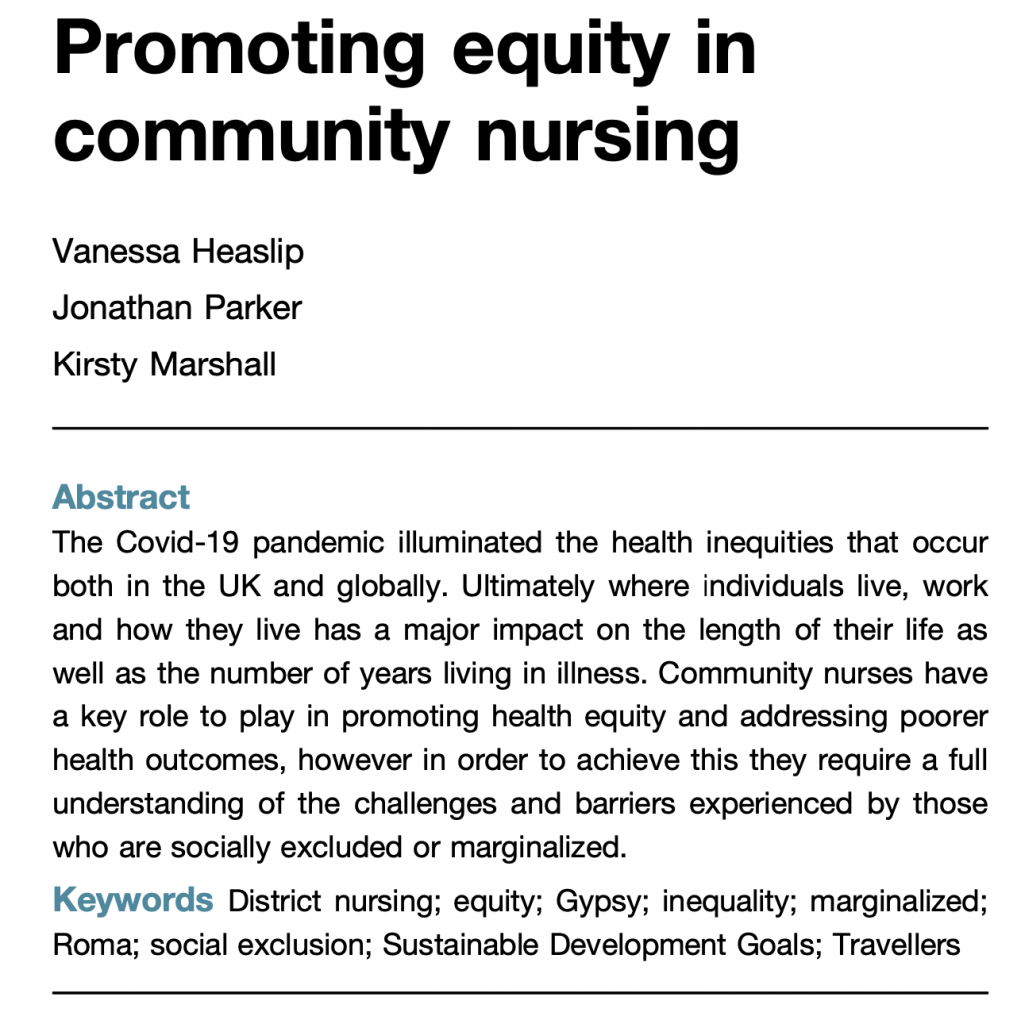 This paper links to the Sustainable Development Goals (SDGs) published by the United Nations (UN) in 2015 in order to promote health, well-being and economic security for all. Bournemouth University, of course, is among the best universities worldwide for its sustainability, according to the new Times Higher Education (THE) Impact Rankings. BU was ranked 39th out of 1,963 universities measured against the UN Sustainable Development Goals (UNSDGs) internationally in June 2024.
This paper links to the Sustainable Development Goals (SDGs) published by the United Nations (UN) in 2015 in order to promote health, well-being and economic security for all. Bournemouth University, of course, is among the best universities worldwide for its sustainability, according to the new Times Higher Education (THE) Impact Rankings. BU was ranked 39th out of 1,963 universities measured against the UN Sustainable Development Goals (UNSDGs) internationally in June 2024.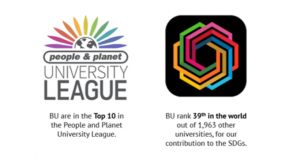 Heaslip and colleagues remind us that is worth considering the degree to which these influence one’s professional practice. They offer a reflective activity on the issue, see Box 1 ‘Community nurses and the SDGs’ .
Heaslip and colleagues remind us that is worth considering the degree to which these influence one’s professional practice. They offer a reflective activity on the issue, see Box 1 ‘Community nurses and the SDGs’ .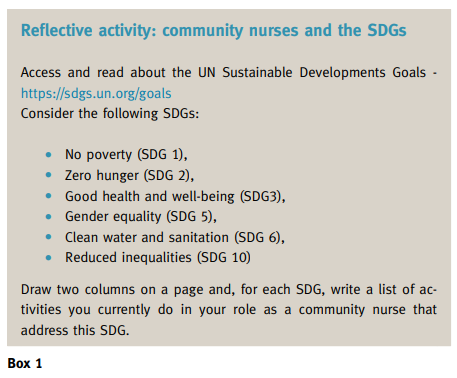
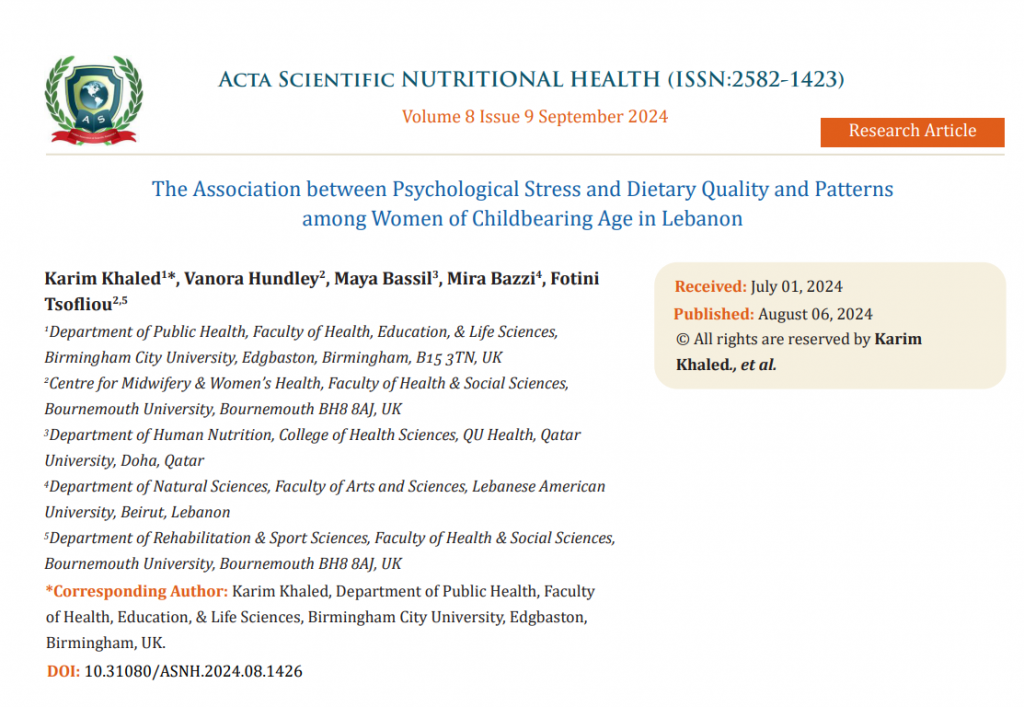

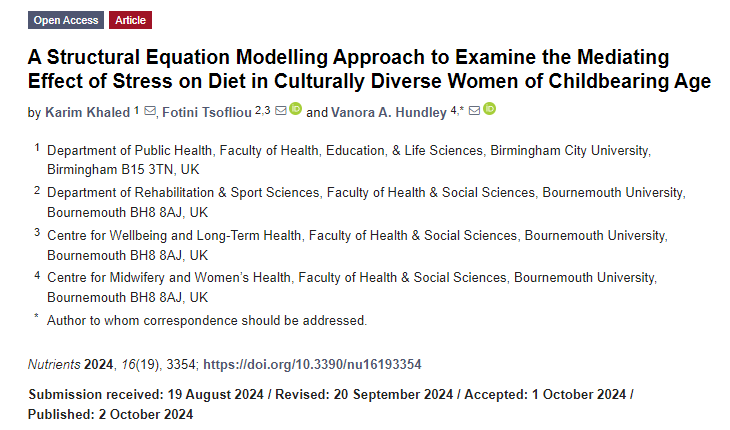


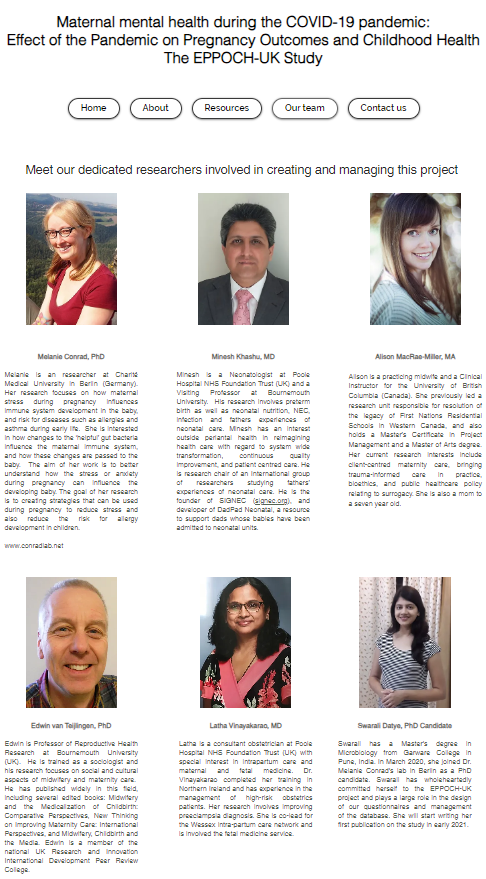
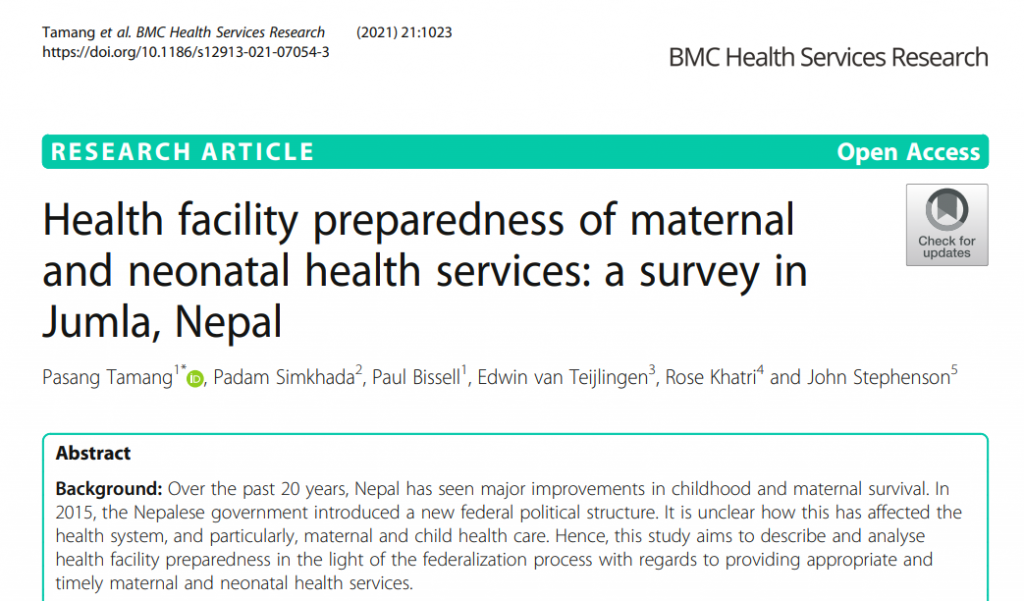


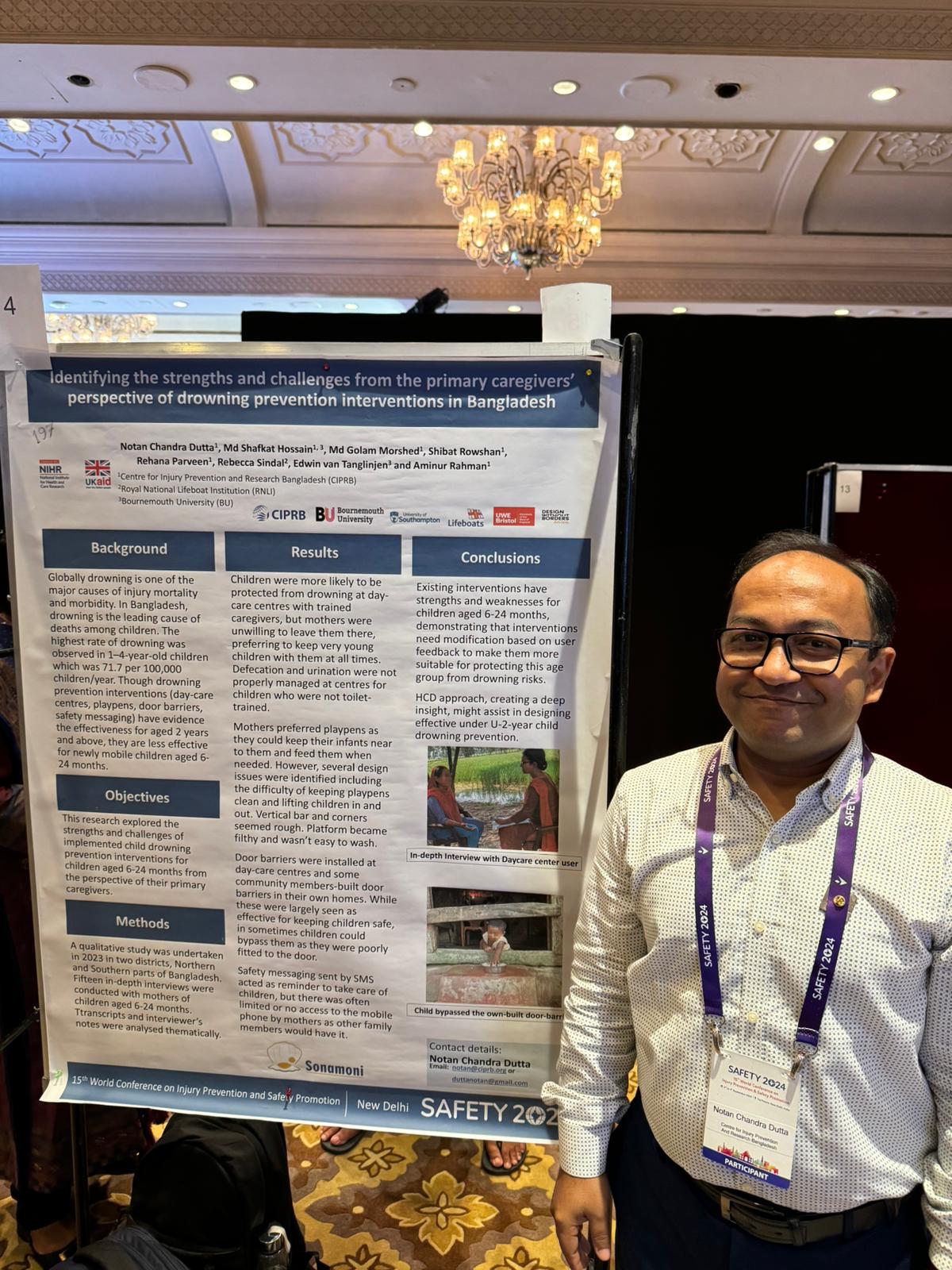



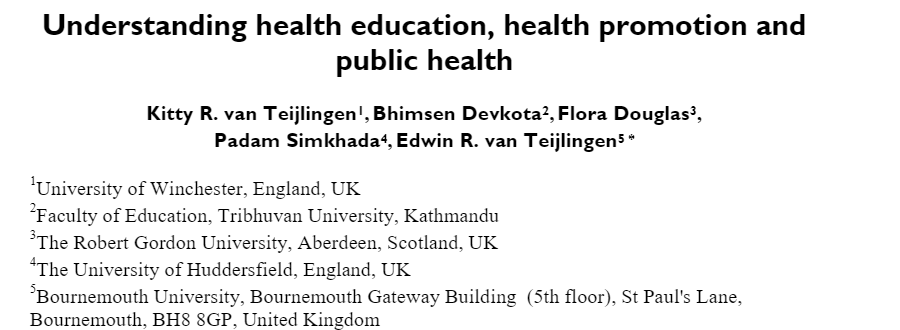
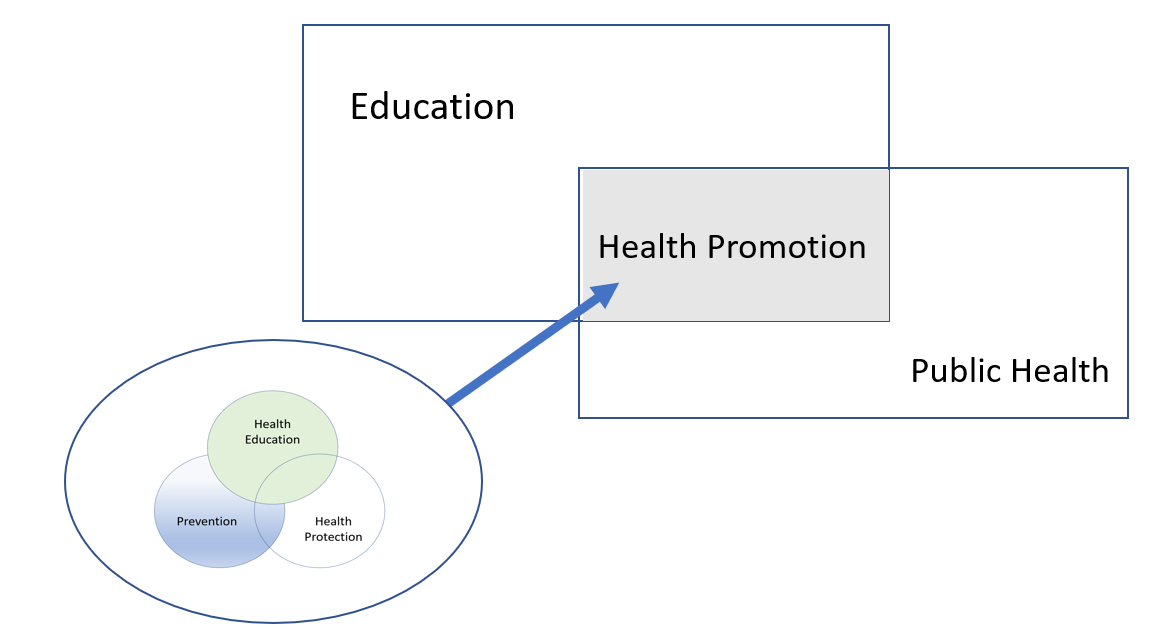
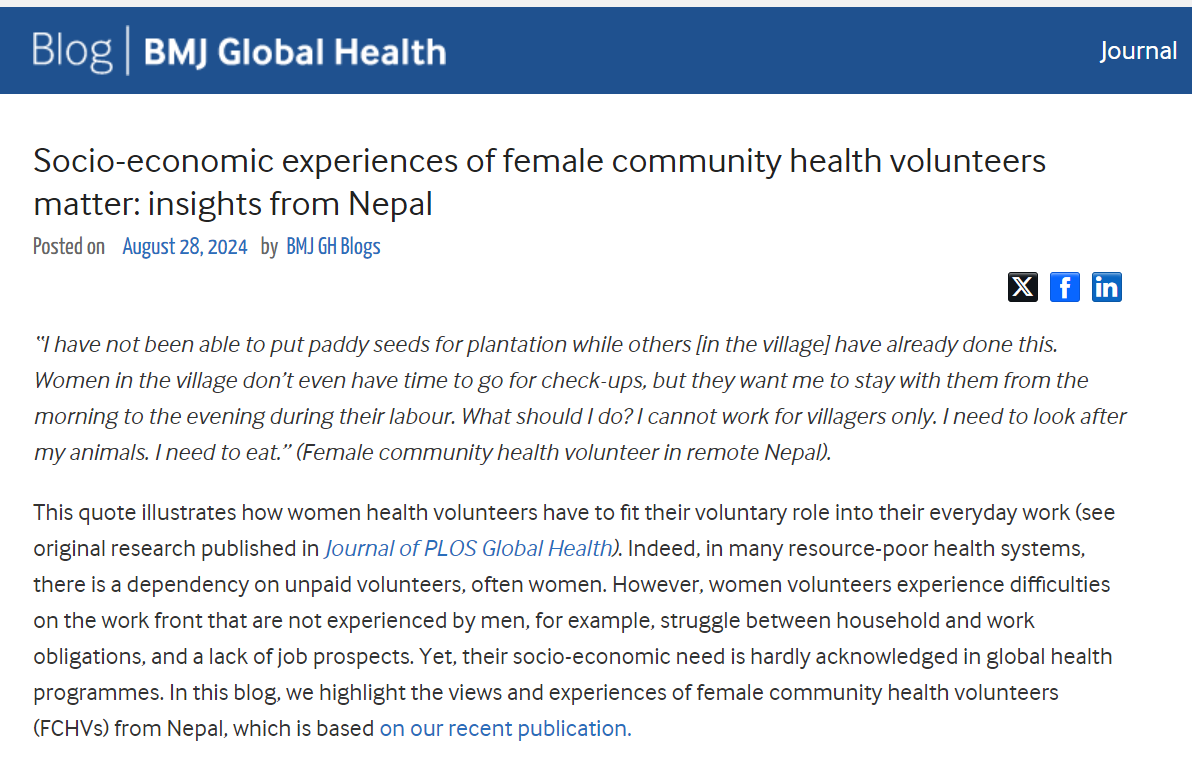
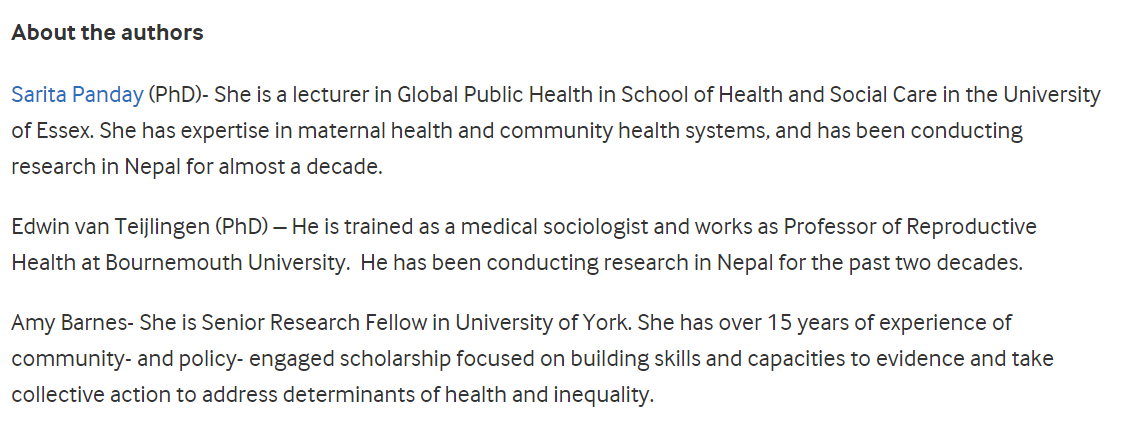



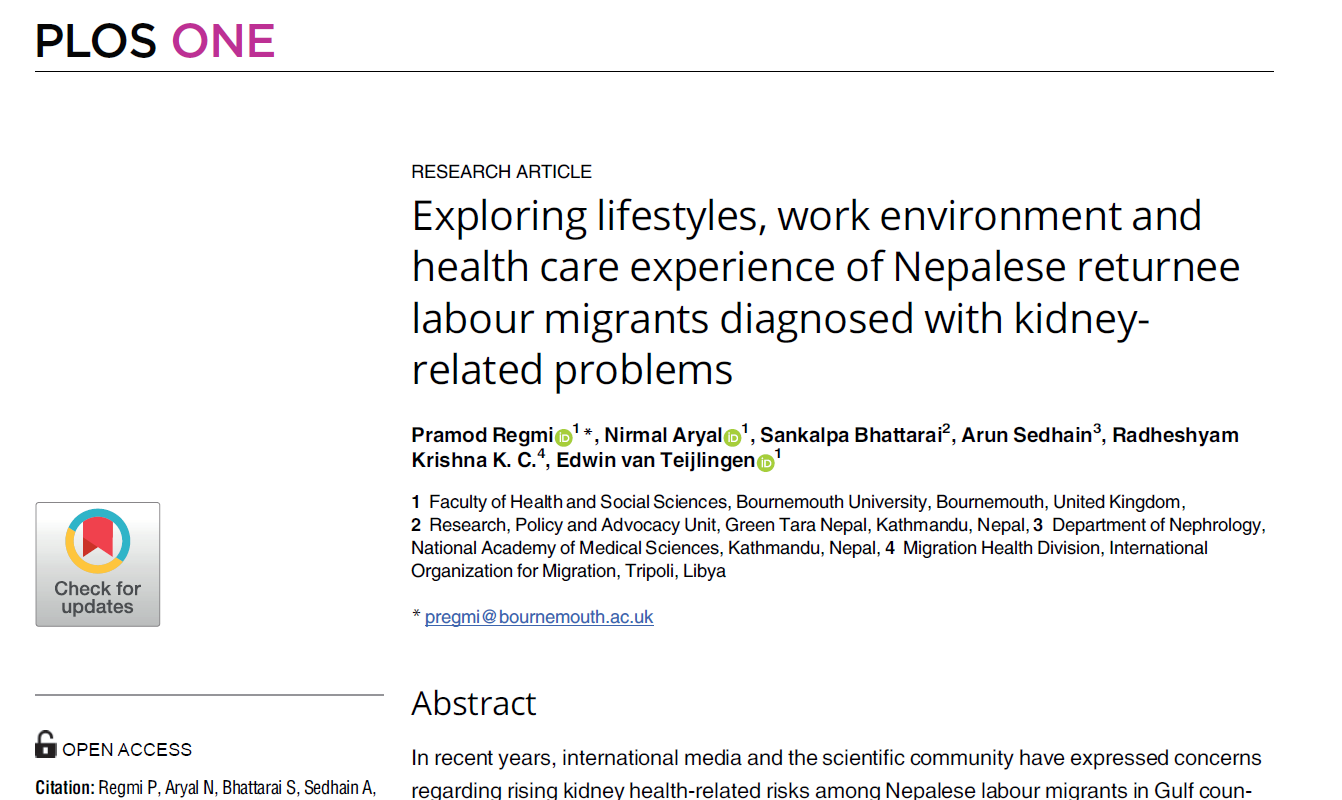







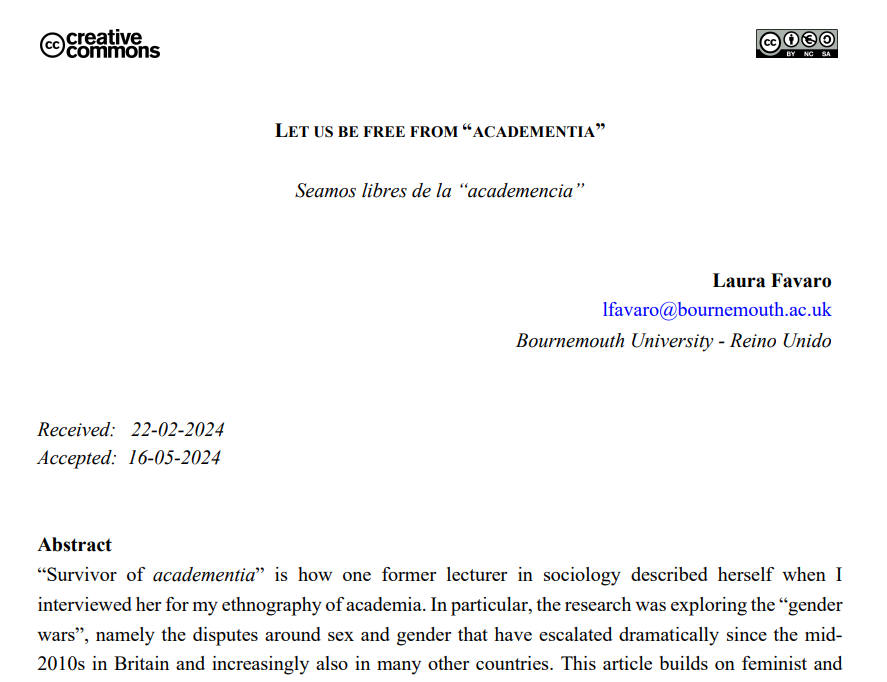




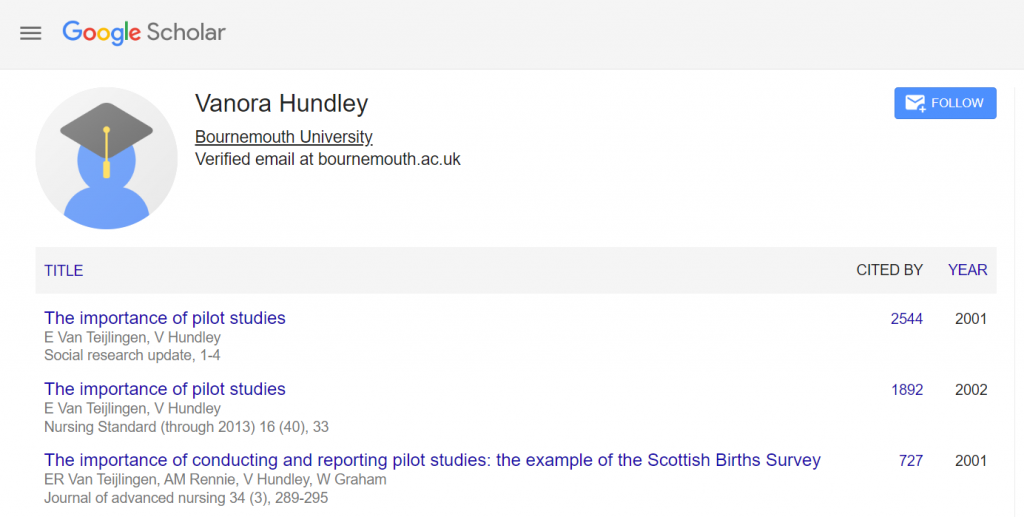
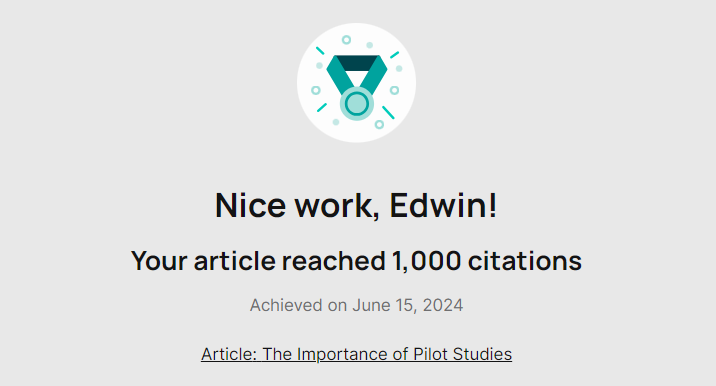











 Seeing the fruits of your labour in Bangladesh
Seeing the fruits of your labour in Bangladesh Exploring Embodied Research: Body Map Storytelling Workshop & Research Seminar
Exploring Embodied Research: Body Map Storytelling Workshop & Research Seminar Marking a Milestone: The Swash Channel Wreck Book Launch
Marking a Milestone: The Swash Channel Wreck Book Launch No access to BRIAN 5-6th February
No access to BRIAN 5-6th February ECR Funding Open Call: Research Culture & Community Grant – Application Deadline Friday 12 December
ECR Funding Open Call: Research Culture & Community Grant – Application Deadline Friday 12 December MSCA Postdoctoral Fellowships 2025 Call
MSCA Postdoctoral Fellowships 2025 Call ERC Advanced Grant 2025 Webinar
ERC Advanced Grant 2025 Webinar Update on UKRO services
Update on UKRO services European research project exploring use of ‘virtual twins’ to better manage metabolic associated fatty liver disease
European research project exploring use of ‘virtual twins’ to better manage metabolic associated fatty liver disease